How America EatsA Social History of U.S. Food and Culture
Understanding the American diet is the first step toward grasping the larger truths, the complex American narratives that have long been swept under the table, and the evolving answers to the question: What does it mean to be American?
How America Eats: A Social History of US Food and Culture, by food and social historian Jennifer Wallach, sheds a new and interesting light on American history by way of the dinner table. It is, at once, a study of America’s diverse culinary history and a look at the country’s unique and unprecedented journey to the present day. While undeniably a “melting pot” of different cultures and cuisines, America’s food habits have been shaped as much by technological innovations and industrial progress as by the intermingling and mixture of ethnic cultures. By studying what Americans have been eating since the colonial era, we are further enlightened to the conflicting ways in which Americans have chosen to define themselves, their culture, their beliefs, and the changes those definitions have undergone over time. Understanding the American diet is the first step toward grasping the larger truths, the complex American narratives that have long been swept under the table, and the evolving answers to the question: What does it mean to be American?
Jennifer Jensen Wallach is associate professor of history at the University of North Texas. She is the author, most recently, of Richard Wright: From Black Boy to World Citizen.
This short but effective overview of US food history provides a synthesis of the growing scholarship about eating and culture. Beginning with Columbian-era practices and concluding with a discussion of contemporary health and environmental issues, Wallach (Univ. of North Texas) connects eating practices to multicultural influences and contextualizes food culture as part of larger US trends. Included are explanations of formerly popular dishes and well-crafted descriptions of who prepared food and the methods they used. A review of technological changes that altered consumption includes examples from well-known food historians such as Harvey Levenstein (e.g., Fear of Food, CH, Nov’12, 50-1434). The discussions of ethnic food practices as critical elements that shaped eating habits will help introduce students to more detailed works, such as those by Donna Gabbacia (e.g., We Are What We Eat, 1998) and Andrew Coe (e.g., Chop Suey, CH, May’10, 47-5209). This book is a fine introduction for students curious about food culture and consumption. Summing Up: Recommended.
— CHOICE
In this well-written and highly readable account, Jennifer Wallach succeeds in giving a coherent and scholarly history that ties food practices into larger historical trends and social contexts. Her account recognizes the numerous ironies and contradictions inherent in a society that has wavered since its beginnings between idealistic values and beliefs and the pragmatic necessities of survival. Wallach also explores in detail the histories and significance of selected foods and foodways traditions, making the book appealing to anyone interested in food as well as in American culture. … Wallach contributes to the small body of scholarly literature that looks at the historical sweep of American food culture and teases out the ways in which struggles over national, group, and individual identity were expressed through food. Perhaps more significantly, she also addresses questions that go beyond the fields of food studies and American studies to demonstrate that understanding the social and cultural contexts of food practices is more than simply an enrichment of our knowledge and enjoyment of food. There were both advantages and disadvantages to the progression of our eating habits; individuals made choices according to what was available to them at the time and according to the worldviews and value systems of those times. Understanding those contexts help explain not only what we eat today, but also how and why.
— Digest: A Journal of Foodways & Culture
A much-needed synthesis of American food from Columbus to the present. Wallach provides a rich overview of the cultural influences that make American cuisine unique as well as the challenges facing the nation’s food supply. Lively and engaging, the book will send foodies and historians alike dashing for the kitchen.
— Rebecca Sharpless, Texas Christian University
America eats differently and Jennifer Jensen Wallach serves up how, why and what it all means. An intriguing, surprising and delicious read!
— Francine Segan, Food Historian and James Beard Award nominated author
With the dexterity of a master carver, wielding a razor-sharp edge, Jennifer Wallach fillets and slices the history of American eating elegantly, economically, and comprehensively. Alternately appetizing and dyspeptic, the story makes entertaining and instructive reading. Alternately mild and ferocious, the message is minatory. Food has nourished American virtues, but has also tempted America into indulgence, delusion, and danger.
— Felipe Fernández-Armesto, University of Notre Dame
This nuanced account synthesizes key secondary texts and adds a dash of primary source material to create a compelling and readable account of the evolution of America’s quirky (and oftentimes inconsistent) eating habits and attitudes. This book should interest anyone seeking an accessible look into the development of American foodways and the broader historical contexts which shaped them.
— Rachel A. Ankeny, Program Coordinator, Graduate Program in Food Studies, University of Adelaide, Australia


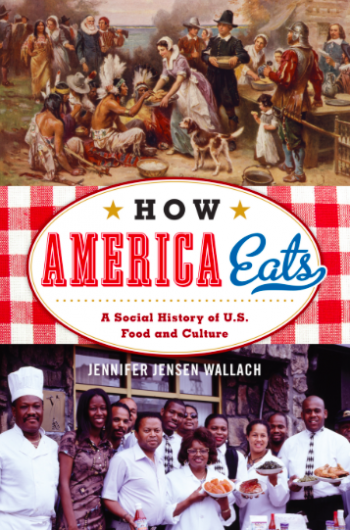


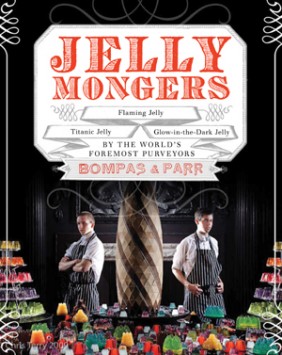
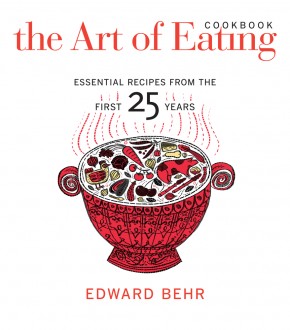
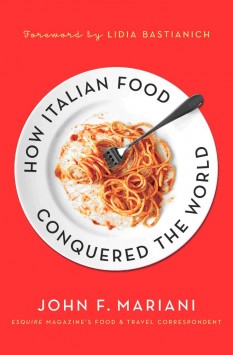
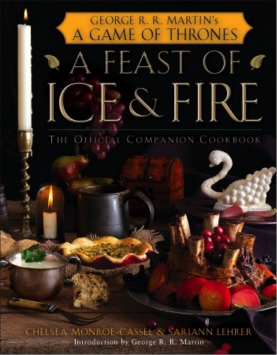
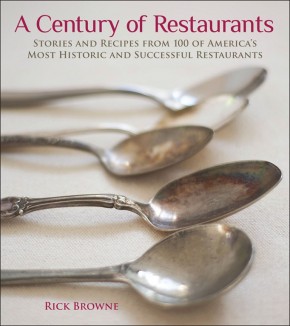
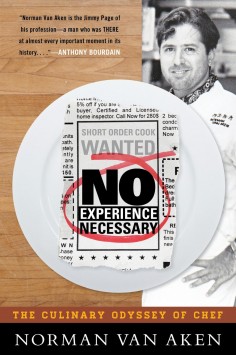
Leave a Reply